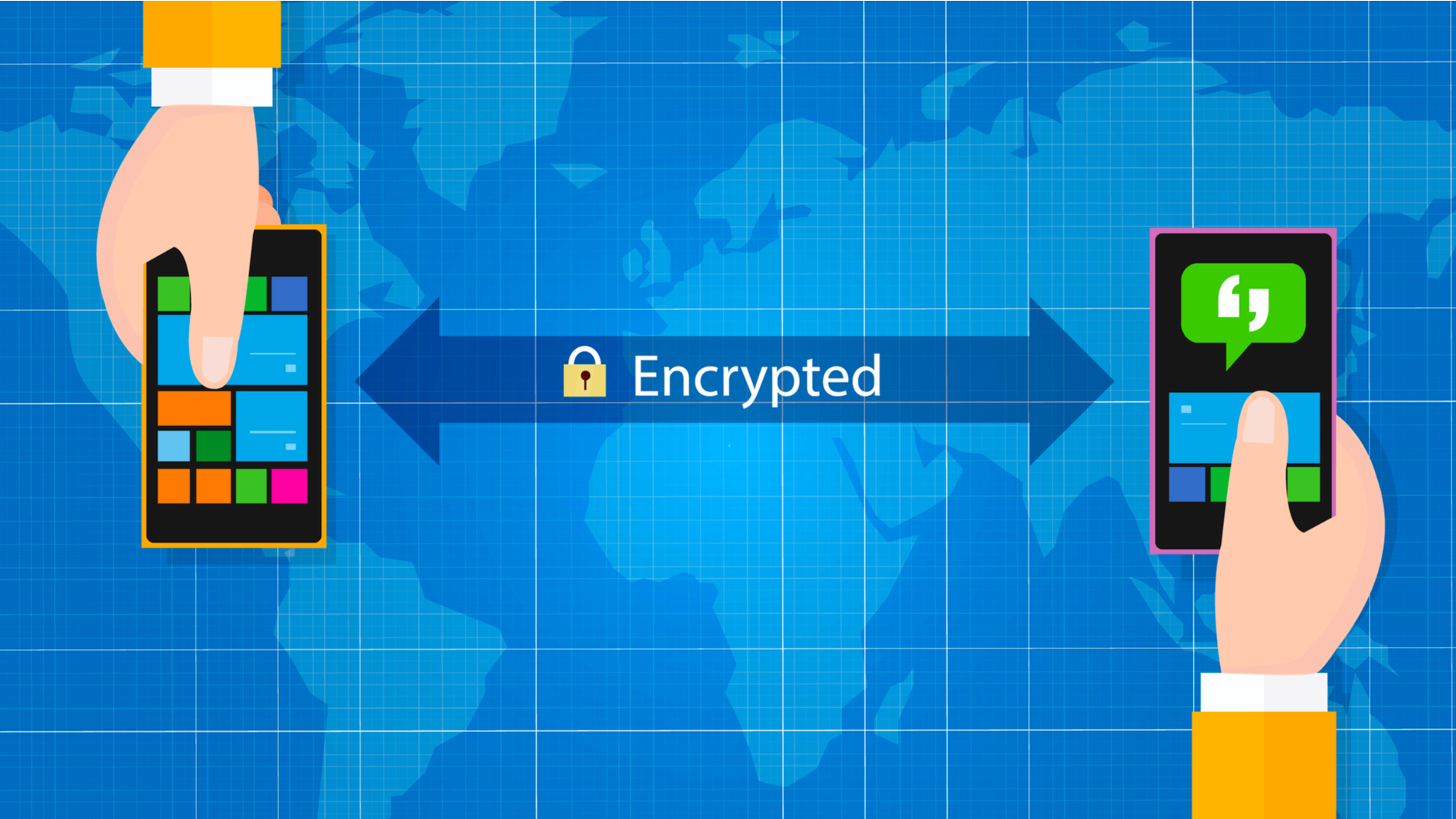Interpol to support the breaking of end-to-end encryption
Law enforcement agency argues the technology frustrates the investigative process


International police body Interpol has joined the growing list of law enforcement agencies that back the idea of breaking encrypted communications, echoing concerns that the technology protects criminals.
Interpol is expected to argue later today that encryption frustrates criminal investigations and protects child sexual predators, and that tech companies should be doing more to allow law enforcement into encrypted channels, according to sources briefed on the matter speaking to Reuters.
"Service providers, application developers and device manufacturers are developing and deploying products and services with encryption which effectively conceals sexual exploitation of children occurring on their platforms," a draft of the resolution seen by Reuters said.
"Tech companies should include mechanisms in the design of their encrypted products and services whereby governments, acting with appropriate legal authority, can obtain access to data in a readable and useable format."
The announcement will carry no legal weight but is expected to add mounting pressure for technology companies such as Apple and Facebook to open up their end-to-end communication apps to law enforcement.
The debate around whether encryption should be broken is a hugely divisive one and is often seen as a conflict between the need to fight crime and upholding a human right to privacy.
Australia famously became the first country ever to introduce a 'backdoor law' in 2018. Federal government figures and law enforcement in Australia can legally approach technology companies and demand access to a suspected criminal's encrypted communications or risk hefty fines.
Get the ITPro daily newsletter
Sign up today and you will receive a free copy of our Future Focus 2025 report - the leading guidance on AI, cybersecurity and other IT challenges as per 700+ senior executives
The law has been criticised for being rushed through on the final day of the parliament and ignoring cyber security experts' warnings that it would not be possible to securely create a vulnerability in one target's device for surveillance purposes – the argument being that if a backdoor exists at all, this can be exploited.
The UK's Investigatory Powers Act 2016 (IPA) touches on the matter of encrypted communications but doesn't make the same allowances as the Australian law.
The IPA requires communication service providers to be active participants in data interception but the extent to which it has been used so far is unclear and how easy it would be for Apple to intercept messages sent securely in its encrypted iMessage app, for example.
Implementing a law that facilitates a 'ghost' in an encrypted channel isn't a case of making the channel less secure, argued GCHQ officials, Ian Levy and Crispin Robinson, in a joint essay.
Levy and Robinson said it would be "relatively easy" to add an extra participant into an end-to-end encrypted chat. It wouldn't be a case of introducing a security vulnerability, instead, it would be more like adding another end to the two-way encrypted channel.

Connor Jones has been at the forefront of global cyber security news coverage for the past few years, breaking developments on major stories such as LockBit’s ransomware attack on Royal Mail International, and many others. He has also made sporadic appearances on the ITPro Podcast discussing topics from home desk setups all the way to hacking systems using prosthetic limbs. He has a master’s degree in Magazine Journalism from the University of Sheffield, and has previously written for the likes of Red Bull Esports and UNILAD tech during his career that started in 2015.
-
 Should AI PCs be part of your next hardware refresh?
Should AI PCs be part of your next hardware refresh?AI PCs are fast becoming a business staple and a surefire way to future-proof your business
By Bobby Hellard
-
 Westcon-Comstor and Vectra AI launch brace of new channel initiatives
Westcon-Comstor and Vectra AI launch brace of new channel initiativesNews Westcon-Comstor and Vectra AI have announced the launch of two new channel growth initiatives focused on the managed security service provider (MSSP) space and AWS Marketplace.
By Daniel Todd